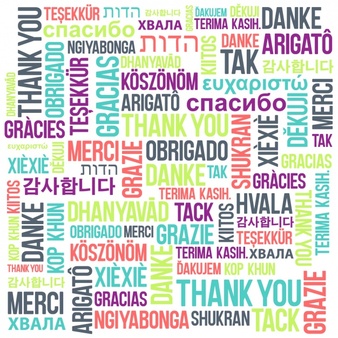How – and What – do We Learn Most Quickly?
We learn the things that truly interest us most quickly
People learn new information and store it most efficiently in the long-term memory, if information is combined with topics that engage them.
This is because our subconsciousness prioritizes the storage of information, and our subconscious reacts to information rather emotionally than rationally.
For example:
An ardent football fan can often remember the details of football matches that go back years, because such games appeal to him emotionally.
However, the same person finds it hard to retrieve other information from his memory because this information has not left a significant emotional impression.
Even if one always says „I have to learn this material. It is very important for my career (or whatever)“, which is a conscious, rational prioritization, the subconscious remains unimpressed.
Therefore, it is very important to associate learning material with topics that address your subconscious mind.
So, choose your absolute favorite books and movies as a learning material!
How Do Children Learn Languages?
When children begin to learn their mother tongue:
- They do not read books,
- They do not drill any vocabulary,
- And they do not study grammar.
Small children:
- hear words or short phrases and
- perceive (by seeing or feeling) what happens simultaneously with or shortly after spoken words.
When the child hears the word „hot“ and sees or feels that it is about something that is hot, it quickly learns to relate the word to the experience.
Children then learn to reproduce the language themselves. In doing so, they make grammatical mistakes, but – as long as the people in their environment speak correctly – they correct most of the mistakes themselves.
Only at school do they begin to learn grammar.
Therefore, I recommend you not to deal with grammar at first. Focus more on understanding the language. Grammar is important, but not right at the start.
However, if you notice something that you cannot really understand without grammar knowledge, then look for the explanation. But do not let grammar ruin the fun of language learning.
Youth and Adults
In contrast to small children, we are not only able to listen and speak, but also to read and to write – also very useful skills in dealing with a foreign language.
For more, see the following blog posts:

